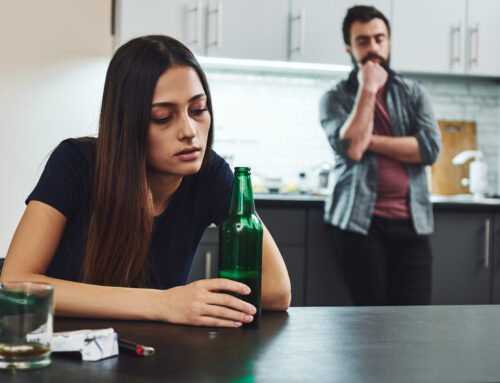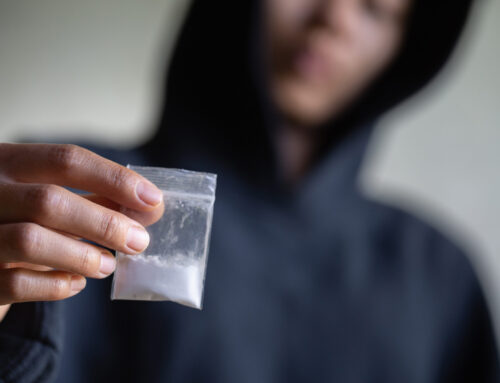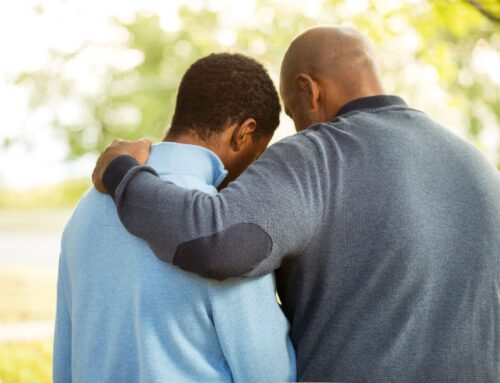
The Social Factors Behind Quitting Alcohol
If you are suffering from an alcohol use disorder, quitting alcohol should be your number one priority. For your relationships, your health, and for your emotional wellbeing as well. Part of our responsibility as addiction consultants that offer addiction recovery services in Virginia is to use this blog as a formal and informal educational resource for those potentially seeking treatment. One of the things we’d like to cover in this blog is the social factor of quitting alcohol.
Social Drinking in the United States
Wherever you look, alcohol is being served rather frequently. Even as of this moment, where coronavirus is impacting the United States so strongly, happy hours continue to be had and friends and peers are eager as ever to drink socially. Drinking is a part of US culture that is difficult to distance oneself from.
Enjoyment of alcohol can be traced to nearly every social occasion. A party with neighbors that features alcohol to smooth things over, uncorking a special wine on occasion with a significant other, open bars, and cocktail hours for weddings and receptions to celebrate.
However, we view those things with rose-tinted glasses. Many people have fond memories of going to parties in college and indulging in the binge drinking culture that is so common on US campuses. However, what seems cool and normal at that age can be later seen for what it was—unhealthy and dangerous.
Alcohol use and misuse account for 3.3 million deaths every year.
There are many, many resources dedicated to the risk factors associated with even mild alcohol consumption—both in health, wellbeing, and finances as well.
What Does Recovery from Alcohol Addiction Look Like?
As we stated earlier in the article, understanding what to expect socially from alcohol abstinence is a critical part of addiction recovery. If you are constantly being blindsided by lifestyle changes and unseen difficulties, recovery may prove to be too difficult and relapse inevitable.
One of the biggest factors to relapse is not necessarily always the physiological impulse to drink alcohol, but it can be the social factors surrounding alcohol consumption.
In other words, when you quit drinking alcohol, your lifestyle will likely have to change. You may even need to stop associating with people who will not accept your new life of recovery. For whatever reason, as a social drug, drinkers can get very pushy about people around them indulging in a similar amount of alcohol. While this may seem harmless at first, if it keeps occurring it may be a sign that someone is not respecting your boundaries.
Even for those who have not developed a dependency on alcohol, they may find that around certain people overdrinking becomes much more likely if not expected. A similar effect happens that when the people we hang around eat much more than us, it is likely that we will start to eat more as well.
Changing Your Lifestyle After Quitting Alcohol
Quitting alcohol means also quitting the things you used to do to have fun. Don’t worry, this isn’t nearly as scary as it sounds. You don’t need to quit socializing, but the activities you choose to do while socializing may have to change. For example, going to restaurants is still a wonderful way to meet with friends and stay sober. Outdoor activities such as picnics, playing sports, and going to a park are healthy ways to meet up with others.
When you stand outside of the paradigm of social alcohol consumption, you realize how many activities and things there truly are to do without requiring the supplementation of alcohol. When people first take up drinking, they find alcohol makes activities more fun. However, without us realizing it, alcohol consumption becomes the end goal of every activity, thus poisoning it and reducing it to a busy activity while the drinking is happening.
Maintaining an extended recovery will allow a person to see how much alcohol was a part of their social life and activities. The realization is that if alcohol is the prime motivation and draw for all of your social activities, are they really social activities or just group drinking? It is not our place to judge, but organizing your social life around newfound sobriety is a necessary step to being able to maintain that sobriety.







